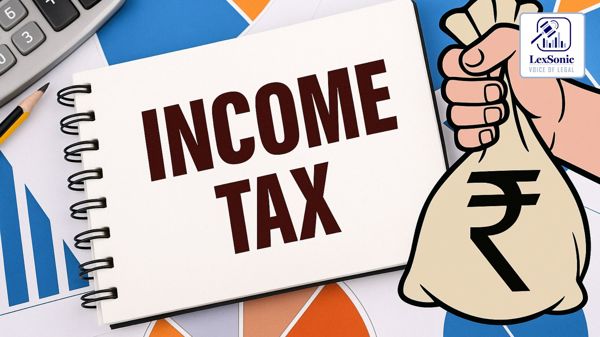In a significant decision of Tata Communications Limited, Mumbai v/s Deputy Commissioner of Income Tax-1(3)(1), Mumbai & Others, the High Court addressed a crucial issue regarding the validity of reassessment proceedings under Section 148 of the Income-tax Act, 1961. The case involved the reassessment notice issued for the assessment year 2014-15, following the taxpayer’s request for quashing of the notice and the subsequent reassessment order. The Court ultimately ruled in favor of the taxpayer, declaring the reassessment proceedings without jurisdiction.
Background and Key Facts:
The taxpayer in this case had filed a return of income for the assessment year (AY) 2014-15 on November 24, 2014. The return was later revised twice in March 2016, resulting in a reduction of the guarantee fee charged to its associated enterprises (AEs). The revised figures reflected a decrease in income, which was reversed in the financial year 2015-16. The revisions, which were duly reflected in the books of accounts and the return, led to a reassessment notice issued in March 2021, nearly five years after the original assessment.
Dispute Over the Guarantee Fee Reversal:
One of the critical aspects of the case revolved around the corporate guarantee fees charged to the taxpayer’s associated enterprises. The issue of the guarantee fee had already been examined during the original assessment proceedings, resulting in a transfer pricing adjustment by the Transfer Pricing Officer (TPO), who made an addition of approximately ?120.8 crore. The petitioner appealed the TPO’s decision, and the matter remained pending before the Tribunal.
However, in March 2021, a reassessment notice was issued, seeking to re-examine the issue of guarantee fee reversal, specifically the Rs.118.59 crore booked in the 2015-16 financial year. The taxpayer contended that the reassessment proceedings were initiated without any fresh tangible material and amounted to a mere change of opinion, which was not permissible under the law.
Arguments of the Parties:
The petitioner’s counsel, Senior Advocate Mr. Mistri, argued that the reassessment notice issued after the expiration of four years from the relevant assessment year was invalid. He highlighted that there was no failure on the taxpayer’s part to disclose all material facts during the original assessment. Moreover, the issue of guarantee fee was already under scrutiny before the Tribunal, and therefore, reassessing the same issue again violated the third proviso of Section 147, which prohibits reassessment on matters under appeal.
The respondents, represented by counsel Mr. Suresh Kumar, defended the reopening of the assessment. They argued that the taxpayer had not filed its return of income in response to the notice under Section 148, which led to the delay in furnishing the reasons for reassessment. They further contended that the reversal of the guarantee fee was not considered during the original assessment, justifying the reopening of the case.
Judicial Analysis and Conclusion:
The Court scrutinized the reasons provided by the respondents for reopening the case and found them inadequate. The reasons cited in the draft assessment order were vague and did not sufficiently explain how the taxpayer had failed to disclose material facts. The Court emphasized that for reassessment proceedings to be valid, there must be a clear indication that income had indeed escaped assessment, and there should be fresh tangible material to support the reopening.
Further, the Court noted that the issue of guarantee fee was already pending before the Tribunal and had been examined in the course of the original assessment. This, in the Court's view, constituted a change of opinion rather than the discovery of new material. As a result, the Court ruled that the reopening of the assessment was unjustified.
Additionally, the Court acknowledged the taxpayer's efforts to comply with the notice by requesting the original revised return to be treated as a return filed in response to the Section 148 notice. The Court held that this amounted to substantial compliance with the procedural requirements.
Outcome and Implications:
The Court quashed the reassessment notice dated March 30, 2021, and the reassessment order passed on March 28, 2022, on the grounds that the proceedings were initiated without jurisdiction. The ruling reinforced the legal principle that reassessment proceedings must be based on clear and sufficient grounds, including fresh material, and cannot be a mere review of matters already examined.
This judgment serves as an important reminder for tax authorities to adhere strictly to the jurisdictional requirements outlined in the Income-tax Act. The ruling also reiterates the significance of transparency and clarity in the reasons for reassessment, as well as the limits on reopening assessments after a significant time lapse, particularly when the issue is already under appeal.
The case highlights the importance of procedural compliance in tax reassessments and offers critical insights for taxpayers and tax authorities alike on the scope and limits of reassessment powers under the Income-tax Act.
Section 148, Income Tax Act - 1961
Income Tax Act, 1961

